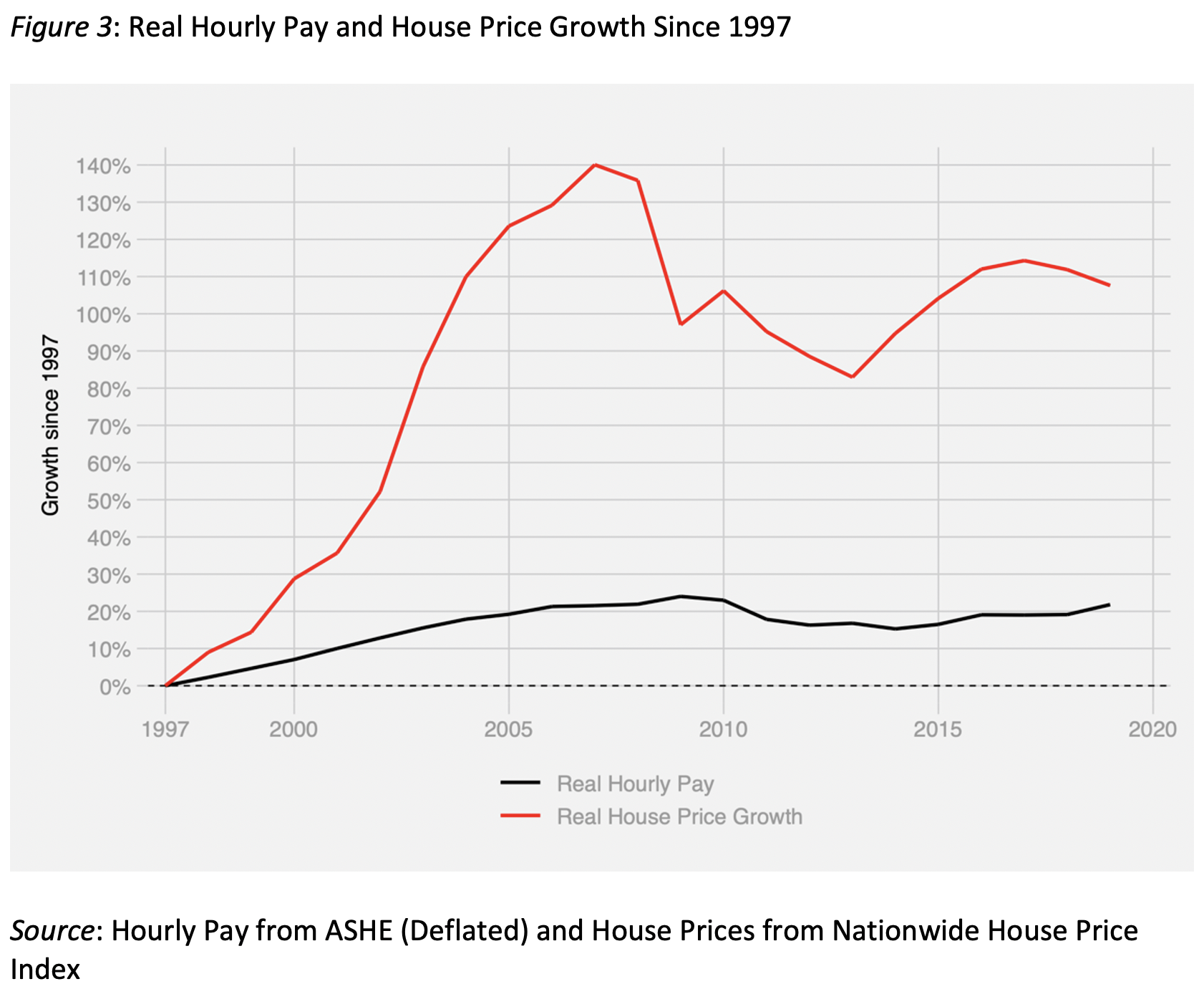Dilbert_X wrote:
Why inexperienced workers can't get entry-level jobs
https://www.bbc.com/worklife/article/20 … level-jobsPfft in my day all you needed was a nicely typed CV and a firm handshake.
No but really, this is what happens when you outsource to China and India.
Also I guess people are a lot more short-termist, how many kids today think "I'll do five years in the Royal Corps of Transport to get my HGV licence, then 5 years as a drivers mate and junior driver, then I'll be set with an average income job for the next 30 -40 years"
how can you blame people for being more short-termist?! do you think it’s the young workers of today who think ‘long term job security and a stable career? PAH! no thanks!’.
anyone planning on spending the next 30 years towards being a lorry driver is probably setting themselves up for disaster. outsourcing to india and china are a tiny part of it; automation is another, including those much talked about self-driving vehicles. spending 8 years in training to drive a truck … probably not so smart.
there’s currently a shortage of truck drivers in the U.K. because a bunch of gammon men decided to kick out all the foreign drivers at short notice in a just-in-time system that relied substantially on cheap, continental drivers, plus a pandemic decimating the available workforce. it’s not because young people are ‘short termist’. fuck you. boomer brexiteers like you were the ones being short termist there. ‘but hur hur you just don’t understand your own country people’.
it’s entirely in the interests of the bosses and owners to have short-term workers on frequent rotation. don’t need to offer meaningful benefits or legal protections, don’t have to promote or give payrises, can always raise the spectre of the un- or under-employed peers who can replace them, etc. career mobility has stalled, as the older generation work longer and longer until a deferred retirement. it’s not uncommon for people to spend 5-10 years in a junior career role with no prospect of getting to the next rung; and maybe a never realistic prospect of making it to management. a lot of it is a numbers game: many qualified young people but stagnating job or industry growth. the new industries which are growing are in non contract, casualised, hi-tech shite like working in amazon warehouses or delivering for food apps. hardly a suitable replacement for the post-industrial working class who used to have lifelong jobs at the local plant.
the collapse of long-term, stable careers hasn’t been a choice of fucking young people. i would bet that the majority of young or socially aspirant graduates today had parents who, degree educated or not, probably had lifelong careers (which is tied into the reasonable prospect of home ownership). none of that exists anymore. the luxury of ‘changing career’ or ‘reskilling’ has an entirely different connotation now. someone joining the workforce today can expect to have 3-4 careers, be constantly looking for new contracts, constantly relocating (and forever renting, natch). this is closely tied into the ‘young people aren’t having children’ issue, too: yeah, no stable career and no property will do that to a generation.
in general, blaming the young is one of the most intellectually lazy positions for anyone to take. self-flattery and pulling up of ladders. people in their 20s didn’t devise this system. they aren’t the politicians or the business leaders who created these conditions. but well done dilbert! you still live at home and it took you all of 5 years to leave a dead-end role!
Last edited by uziq (2021-09-25 19:54:02)

